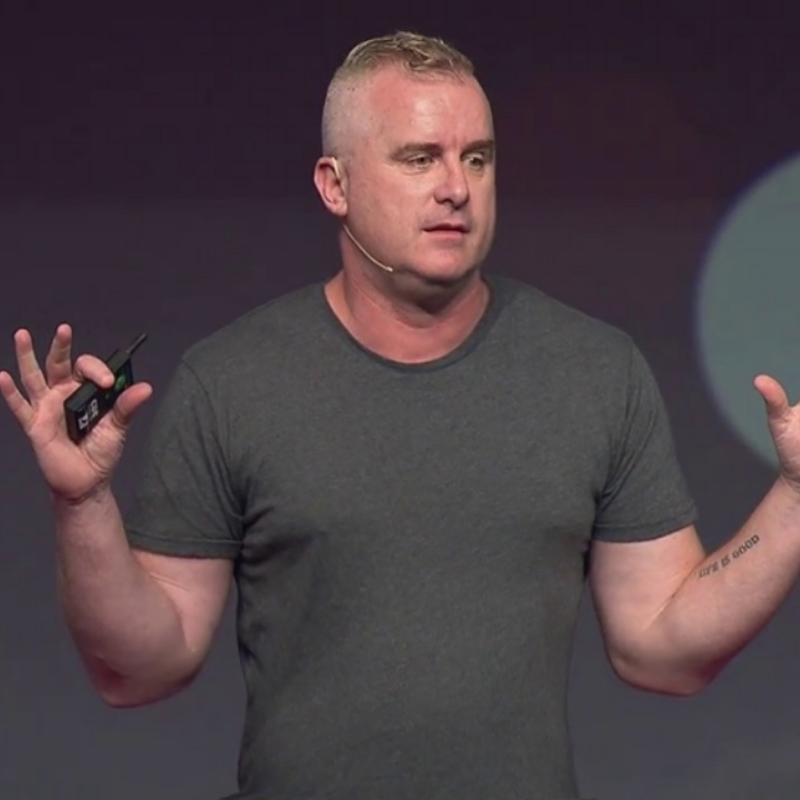Loneliness is a common experience that affects people of all ages, races, and backgrounds.
It’s a feeling of disconnection from others, and it can be triggered by a range of situations, such as moving to a new city, experiencing a breakup, or living alone.
While feeling lonely is a normal part of the human experience, chronic loneliness can have negative impacts on our mental and physical health.
If you’re struggling with loneliness, here are some strategies for feeling more connected and supported.
1. Reach out to friends and family
One of the most effective ways to control loneliness is to connect with people you already know. Call or text a friend or family member to catch up, or plan a get-together. If you’re feeling nervous about reaching out, remember that most people are happy to hear from someone they care about. It’s OK to be vulnerable and share your feelings of loneliness with someone you trust.
2. Join a group or club
If you’re looking to meet new people, joining a group or club can be a great way to connect with others who share your interests. Look for groups in your area that align with your hobbies, such as a book club, hiking group, or art class. Attending regular meetings or events can provide a sense of community and help you build new friendships.
3. Volunteer
Volunteering is another way to connect with others while giving back to your community. Consider volunteering at a local animal shelter, food bank, or community centre. Volunteering can provide a sense of purpose and fulfilment, and you’ll likely meet other like-minded individuals who share your values.
4. Take up a new hobby
Exploring a new hobby can also help combat loneliness. Not only does it provide a fun distraction, but it can also connect with you with others who share your interests. Consider trying something new, such as gardening, painting, or learning a new language. You can take classes or join online communities to connect with others who are also interested in the same hobby.
5. Practice self-care
Finally, it’s important ot practice self-care when you’re feeling lonely. This includes taking care of your physical health by eating well, exercising, and getting enough sleep. It also means taking care of your mental health by practicing self-compassion, mindfulness, and engaging in activities that bring you joy.
In conclusion, feeling lonely is a common experience, but it doesn’t have to be a permanent one.
By reaching out to others, joining groups, volunteering, exploring new hobbies, and practicing self-care, you can combat loneliness and feel more connected and supported.
Remember, it’s OK to ask for help when you need it.
You deserve to be happy and fulfilled, and there are people and resources available to support you.







